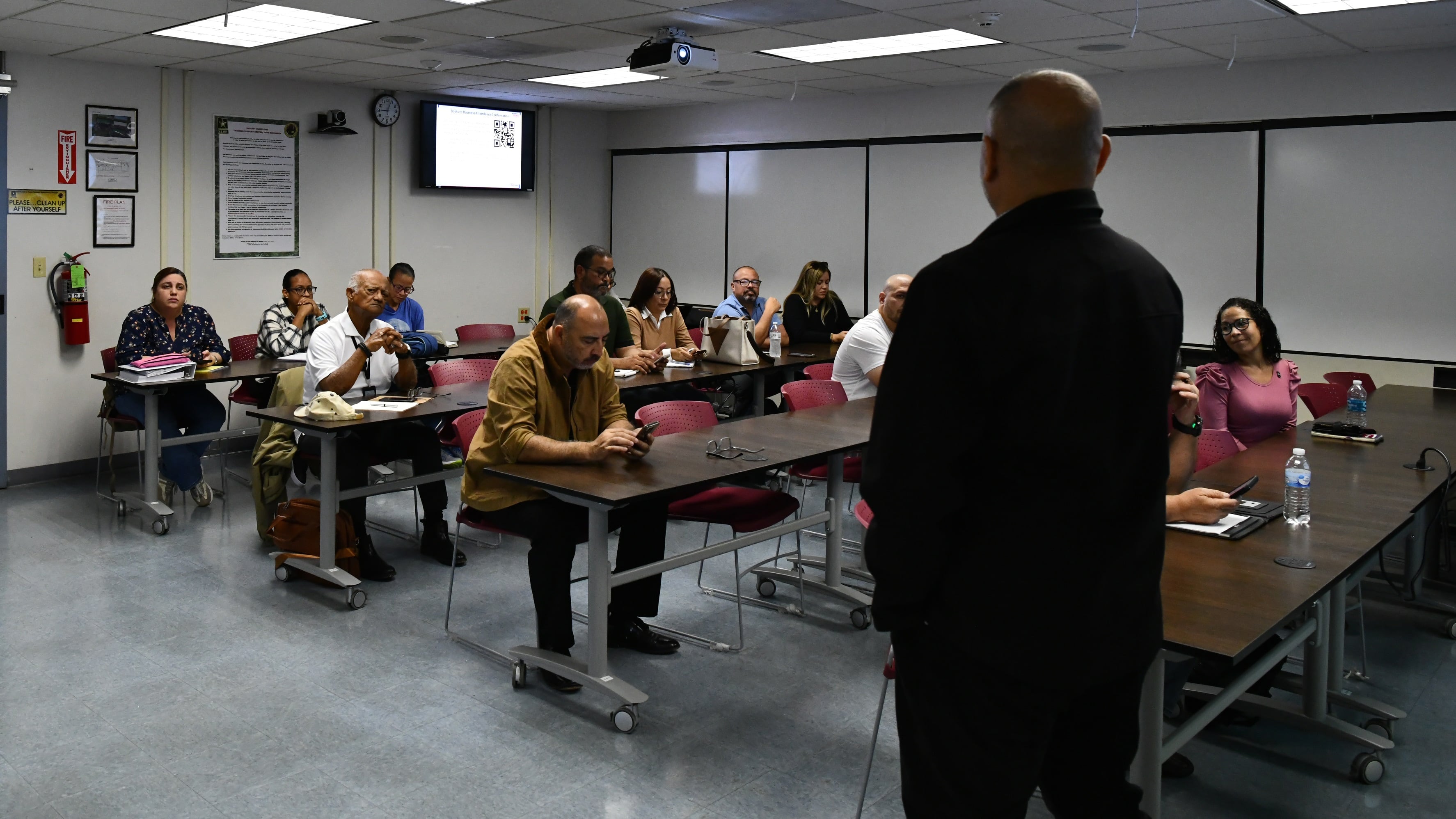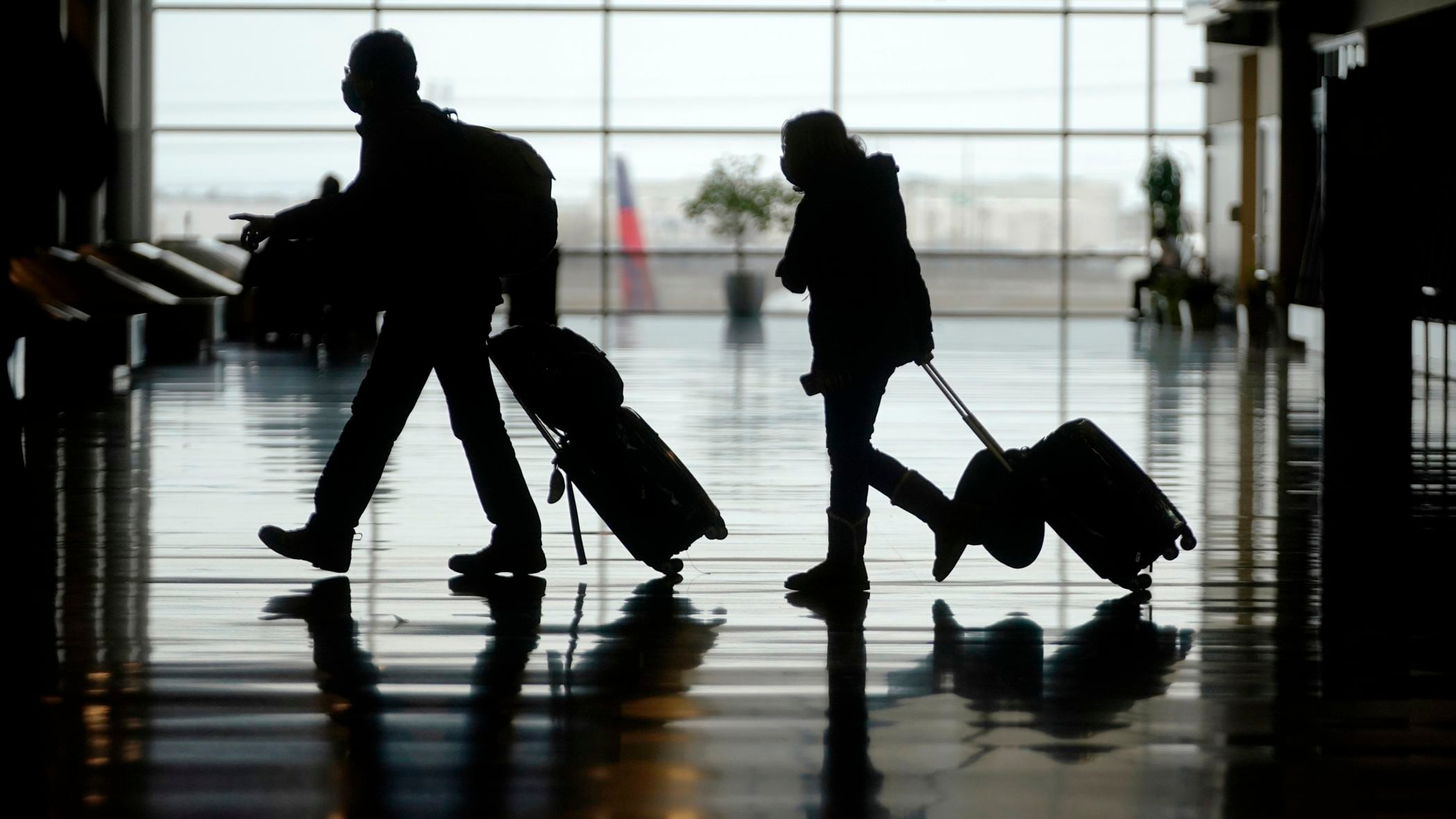File this under the category of ick:
The Centers for Disease Control and Prevention released a report on Thursday about 22 participants, including three airmen, who fell sick in 2012 after participating in a "long-distance obstacle adventure race," experiencing fever, vomiting and bloody diarrhea.
Twenty sought medical treatment and one was hospitalized.
CDC didn't name the race, but apparently, the obstacles at the 2012 Las Vegas Tough Mudder included more than just high walls, an electric shock field and "Ladders to Hell." Lurking in the waters and muck of a cattle ranch in Beatty, Nevada, was Campylobacter coli, a particularly nasty bacteria that can cause cramping, vomiting, dehydration, fever and abdominal pain for about a week.
An investigation found that some of the mud obstacles of the 10- to 12-mile course were contaminated with cow or pig poop -- and racers who submerged their faces or slipped face first into mud or slurry inadvertently ingested some of the fecal matter containing Campylobacter coli.
"A case-control study using data provided by patients and healthy persons who also had participated in the race showed a statistically significant association between inadvertent swallowing of muddy surface water during the race and Campylobacter infection," the CDC study noted.
While everyone in the 2012 recovered, Campylobacter is known to be harmful to some, including those with compromised immune systems. The CDC noted that organizers of such races should consider warning participants of the dangers of such sporting events.
The incident is not the first, according to the CDC and other reports. Cyclists in two races in Norway in the 1990s developed campylobacteriosis after splashing through mud, while mountain bikers in Wales and British Columbia in 2008 and 2010, respectively, were sickened by the same bacteria.
More recently, 200 racers fell ill from the norovirus last June after a Tough Mudder in Michigan. The Michigan Department of Community Health concluded that a sick participant spread the virus to others after running in one of the first waves of races.
"Event organizers should consider including the risk for waterborne outbreaks in their participant waivers and advise participants to avoid drinking or swallowing unsafe water," CDC researcher Dr. Mariah Zeigler and others wrote.
Patricia Kime is the health reporter for Military Times. She can be reached at pkime@militarytimes.com.





